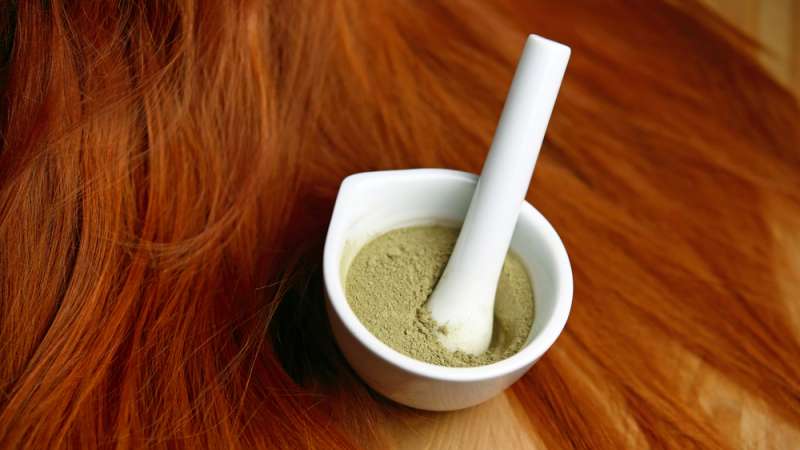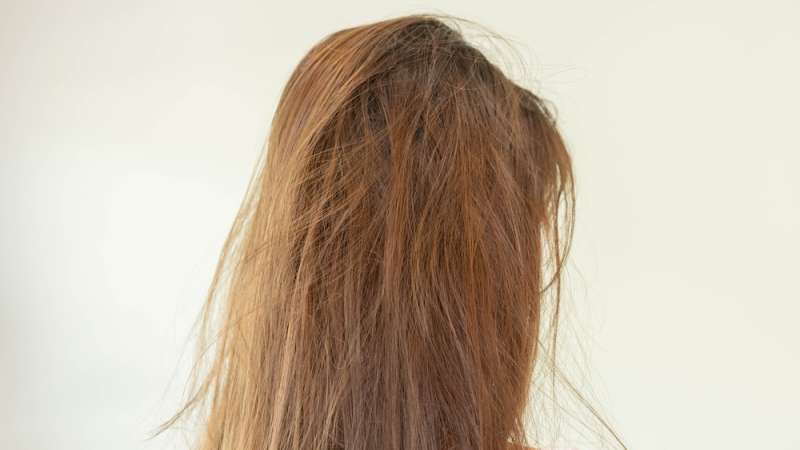There is a lot of conflicting information out there about the effects of henna on hair. Some people say that it damages your hair, while others claim that it is a great way to add color and shine. So what is the truth?
In this article, we will take a look at the evidence to see if henna can actually damage your hair. We’ll also explore some of the possible reasons why people might think that it does. Let’s go!
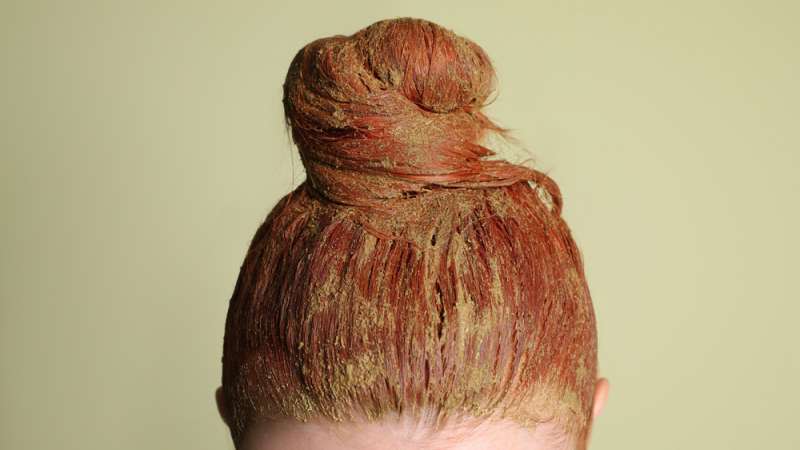
So, What Is Henna?
Henna is a plant-based dye that has been used for centuries to color hair, skin, and nails. The active ingredient in henna is lawsone, which has been shown to penetrate the hair shaft and bind to keratin. This can give your hair a reddish-brown color.
Despite its popularity, there is a lack of scientific evidence to support the claim that henna can damage your hair. In fact, most of the research on henna has been conducted on animals, not humans.
One study did look at the effects of henna on human hair. This study found that henna can actually help to protect your hair from damage. The study found that henna can help to protect your hair against:
- UV damage
- Environmental damage
- Chemical damage
Henna can also help to add shine and body to your hair.
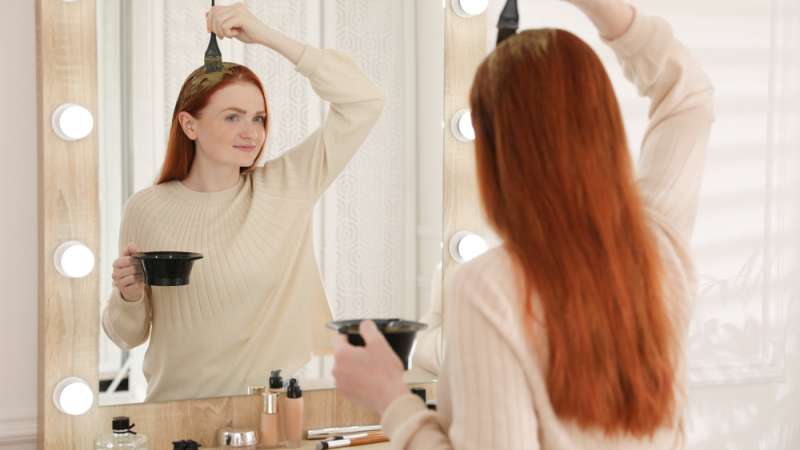
Does Henna Damage Your Hair?
Yes, low-quality henna can damage your hair. The chemicals in low-quality henna can strip away the natural oils in your hair, leaving it dry and brittle. If you use low-quality henna on a regular basis, it can even cause your hair to fall out.
It is important to do your research to find a reputable henna product before using it on your hair. There are many fake or low-quality henna products on the market, so be sure to read reviews and do your research to find a quality product. If you use a high-quality henna product, it should not damage your hair.
So, if you’re thinking about using henna to color your hair, be sure to choose a high-quality product. And always follow the instructions carefully to avoid damaging your hair.
Why Does Low-quality Henna Damage Your Hair?
The main reason why low-quality henna damages your hair is that it contains high levels of metal salts. These metal salts can build up on your hair over time, causing it to become dry and brittle. In some cases, they can even cause your hair to fall out.
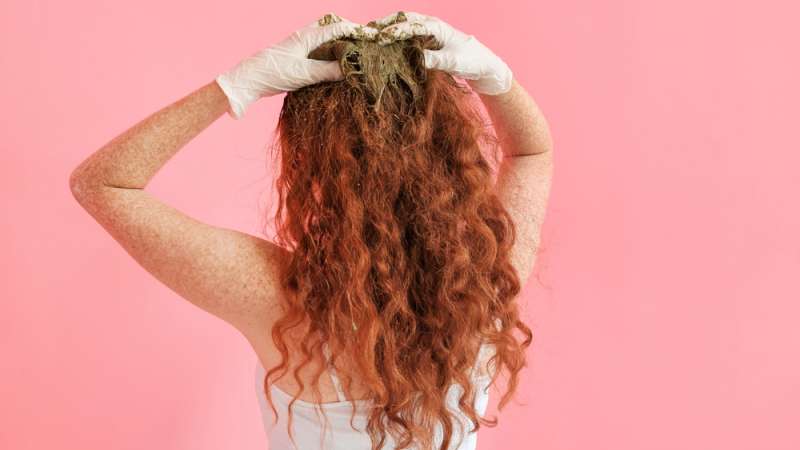
How to Prevent Low-quality Henna From Damaging Your Hair?
There are a few things you can do to prevent low-quality henna from damaging your hair:
Use a good quality henna powder. Make sure to read the labels carefully and choose a powder that is high in quality and does not contain any metal salts.
Do a patch test before using henna on your entire head. This will help you to see if you are allergic to the powder and will also allow you to determine the right amount of time to leave the henna on your hair.
Follow the instructions carefully. When applying henna to your hair, make sure to follow the instructions carefully. Do not leave the henna on your hair for longer than necessary, as this can increase the chances of it damaging your hair.
Rinse your hair thoroughly after applying henna. Be sure to rinse your hair thoroughly with water after you have applied the henna. This will help to remove any excess powder and will also help to prevent your hair from becoming dry and brittle.
Use a conditioner after using henna. Applying a conditioner to your hair after using henna will help to moisturize your hair and will also help to protect it from damage. Choose a conditioner that is designed for use on color-treated hair.
Be sure to choose a good quality powder and follow the instructions carefully to avoid any problems.
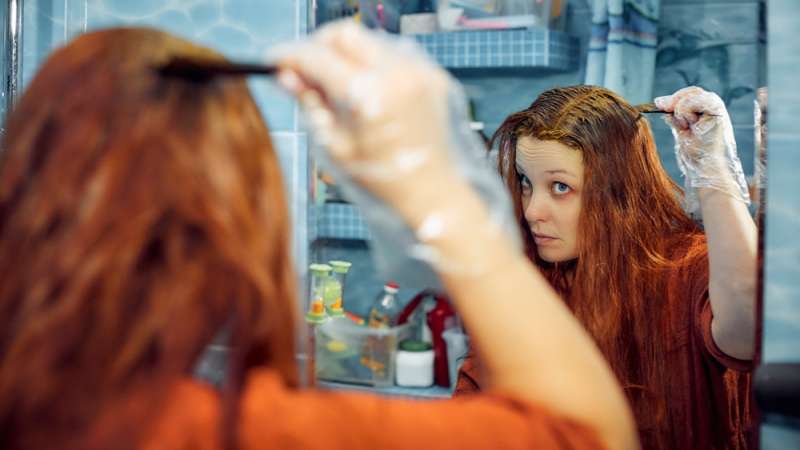
What to Do to Protect Your Hair When Using Henna?
While henna can be a great way to add color and shine to your hair, it can also cause damage. Henna can dry out your hair, making it brittle and more likely to break. It can also strip away natural oils, leaving your hair feeling dry and straw-like. If you use henna regularly, it is important to take steps to protect your hair from damage.
- Use a conditioner: Conditioner will help to replenish moisture lost during the hennaing process.
- Use a heat protectant: Heat can further damage hennaed hair, so it is important to use a product that will protect your hair from the heat of styling tools.
- Avoid hot water: Hot water can cause henna to release more lawsone, which can lead to further damage. When washing your hair, use cool or lukewarm water instead.
- Limit your use of henna: If you do decide to use henna, try to limit it to once every four to six weeks. This will help to prevent damage to your hair.
How to Fix Henna-damaged Hair?
If your hair has been damaged by using low-quality henna, there are a few things you can do to help fix it:
First, make sure to avoid using any more low-quality henna, as it will only continue to damage your hair.
Second, try using a deep conditioning treatment once a week to help strengthen and repair your hair.
Finally, make sure to trim your hair regularly to get rid of any damaged ends.
With these steps, you can help repair your henna-damaged hair and get it looking healthy again!
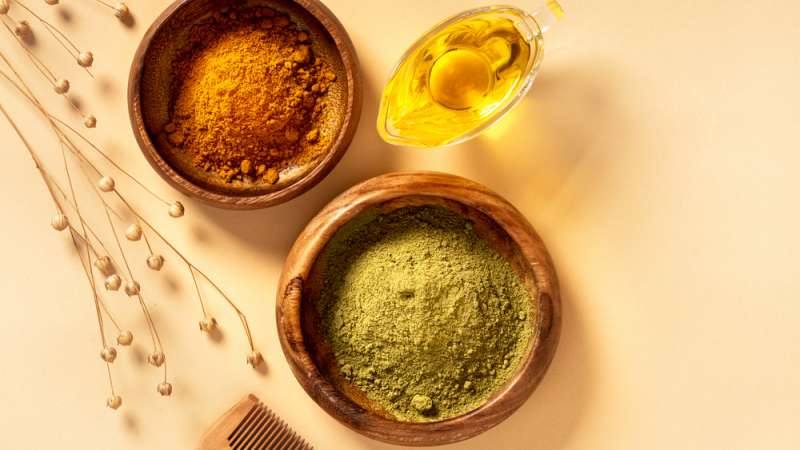
Tips on How to Use Henna Correctly
Henna can be a wonderful natural alternative for those looking to avoid chemical hair dyes. However, henna can also be damaging to your hair if not used correctly. Follow these tips to ensure that you get the most out of your henna treatments:
Be sure to do a patch test before applying henna to your entire head, as some people may be allergic to the plant.
Henna will only color the outermost layer of your hair, so it is important to use a deep conditioner or mask before and after application to ensure that your hair stays hydrated.
Henna can temporarily make your hair feel dry and brittle, so it is important to use a moisturizing shampoo and conditioner after you henna your hair.
Avoid using metal bowls or utensils when mixing henna, as the metal can react with the plant and cause unwanted side effects.
Henna can stain your skin, so be sure to avoid contact with the dye if you have sensitive skin.
Henna treatments can last anywhere from a few weeks to a few months, so be prepared to touch up your color as needed.
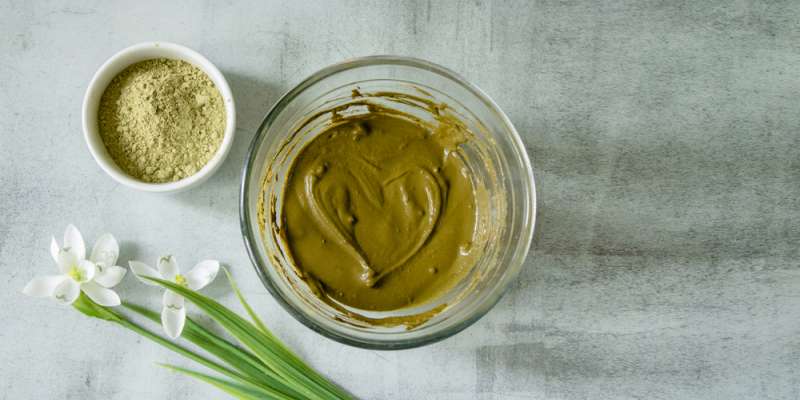
Final Thoughts
Henna does damage your hair if not used correctly, but it can also be a great way to add color and shine to your locks.
Now you know all about henna and how to use it correctly to avoid damaging your hair. With these tips, you can enjoy beautiful, healthy hair that is free of harsh chemicals.
Do you have any tips on how to use henna? Share them in the comments below! We would love to hear from you!
Related Articles:
